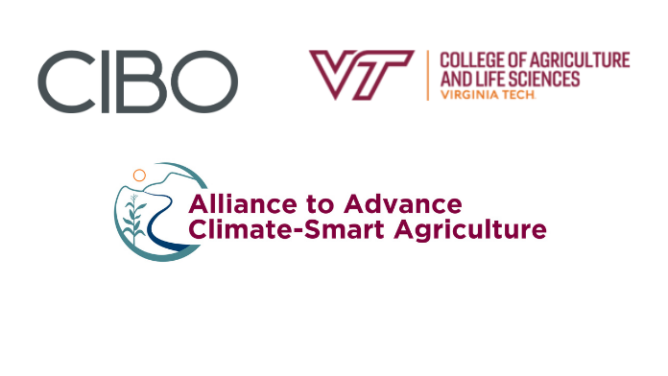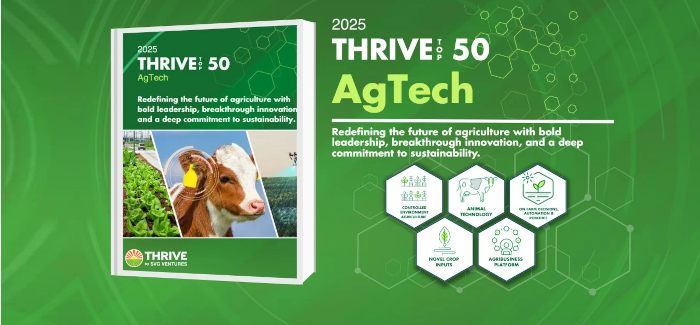Scale conservation. Reduce complexity. Drive profitability.
CIBO’s advanced technology seamlessly integrates funding access, agronomic expertise and frictionless measurement to unlock the full potential of regenerative agriculture. Launch and grow high impact programs faster, with lower costs and greater confidence.
CIBO PRODUCT SUITE
Deploy programs. Scale impact. Quantify results.
License CIBO's comprehensive software platform to execute, manage and measure your programs at scale. Or partner with us to syndicate your programs through our nationwide Trusted Advisor Network.
SOFTWARE SOLUTIONS
Program Management
Design, deploy, and manage conservation programs with comprehensive workflow automation
SOFTWARE SOLUTIONS
Modeling & Reporting
Plan with confidence using baseline and scenario modeling plus rigorous impact reporting
SOFTWARE SOLUTIONS
Data & API
Tap into proprietary ag data and connect effortlessly with existing systems
PROGRAM SYNDICATION
Trusted Advisor Network
Leverage vetted advisors managing grower engagement across 100M+ acres nationwide
PROGRAM SYNDICATION
Incentive Stacking
Strategically combine public and private funding to maximize program impact and farmer participation
PROGRAM SYNDICATION
Program Reporting
Get real-time visibility into farmer enrollment, practice adoption and impact metrics

20+ programs. 2M+ acres.
Truterra, a leader in farmer-driven sustainability solutions, is leveraging CIBO’s technology to support the continued success of its regenerative agriculture programs. To date, Truterra has used CIBO’s platform to launch over 20 programs and enroll over 2 million acres and thousands of farmers.
"Truterra is committed to putting farmers' needs at the heart of all of our programs to ensure they have the knowledge, resources, and tools to scale regenerative practices benefitting both the environment and the farmer's bottom line. By leveraging CIBO Impact, we are empowering farmers to implement practices that enhance farmland resilience and foster long-term sustainability."
Jamie Leifker, President, Truterra
SOLUTIONS
Smart solutions for ag industry leaders.
Scale regenerative ag offerings, increase efficiencies and reduce program management costs. Organizations of all sizes, public and private, can leverage CIBO’s capabilities to optimize their efforts and drive positive financial results.

Grow your advisory business
Resources
Insights and information from industry experts
CONTACT US
Start scaling smarter today.
Reach your environmental and financial goals faster. See how CIBO’s cutting-edge technologies streamline your conservation initiatives, reduce your costs and scale your impact.

POWERED BY CIBO
Source acres. Scale impact.
acres accessible through CIBO Trusted Advisor Network

acres modeled for carbon intensity and sequestration








